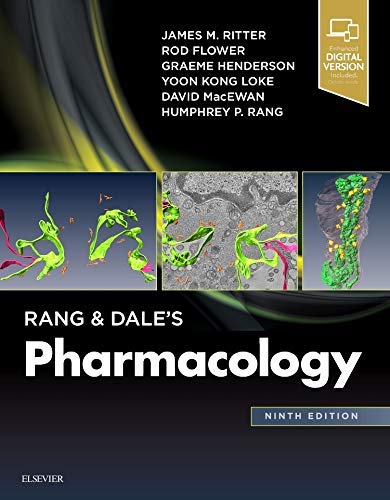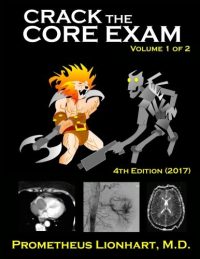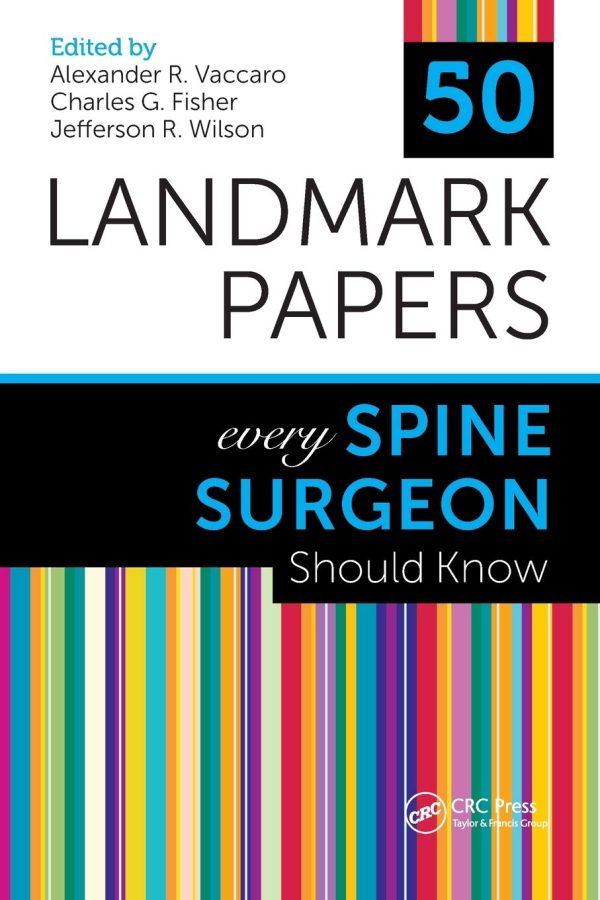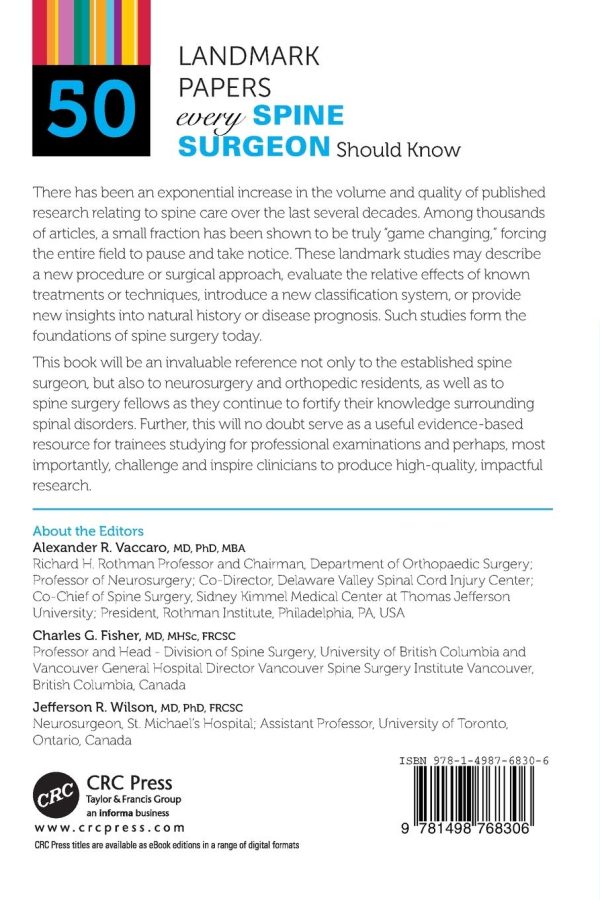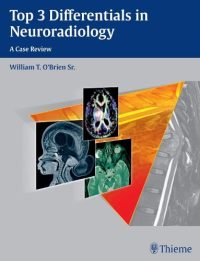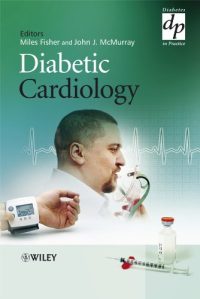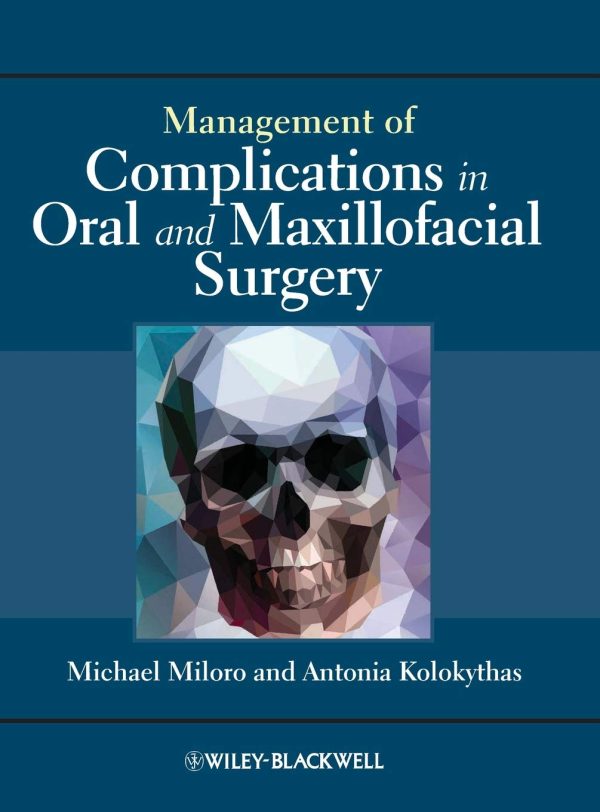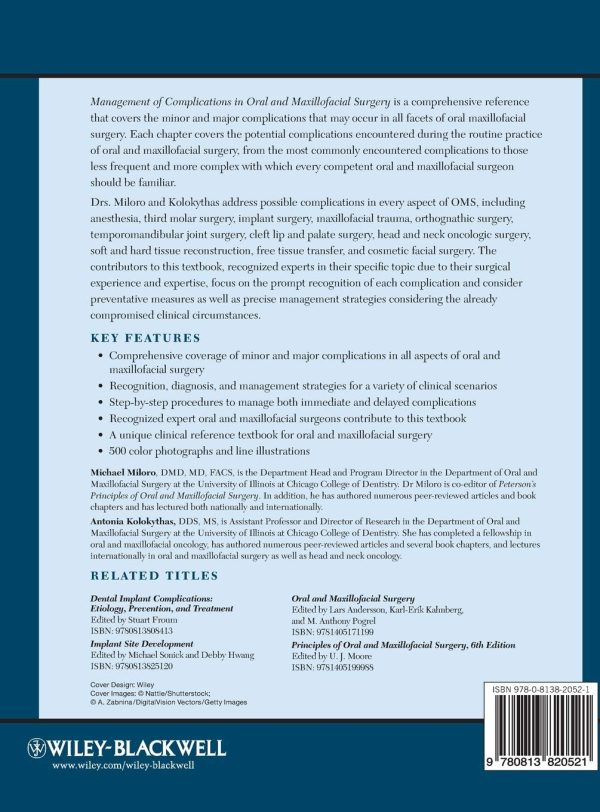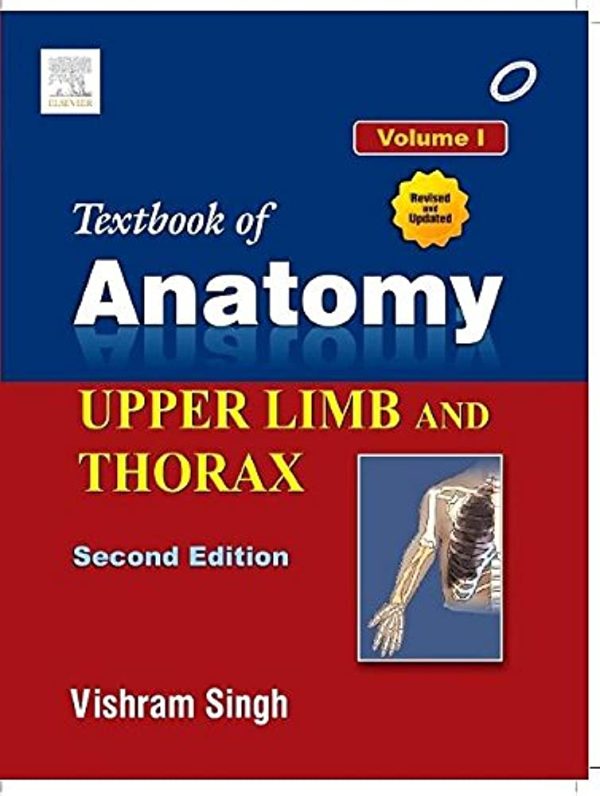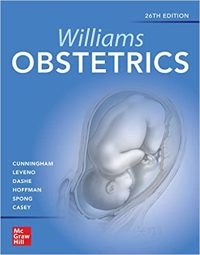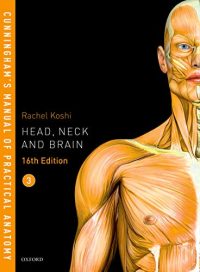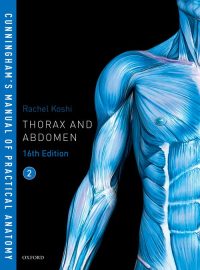Description
A brief overview of Rang and Dale’s Pharmacology pdf
A simple way to tackle a complex subject! This best-selling schoolbook reveals both pharmacology and knowledge – using a clear and accessible methodology that encourages and enriches learning materials.
Secondly, the latest research on cannabinoids and rimonabant, Cox 2 inhibitors, pharmacogenetics, biopharmaceutical substances, and drug misuse, and on ‘lifestyle drugs,’ like performance-enhancers, botulinum toxins, and Viagra®, has been converted into the most important groups of medicines from reasonable to Most important to pharmaceutical drugs. And it is an even more powerful learned resource now, online access through STUDENT CONSULT!
Key Features of Rang and Dale’s Pharmacology pdf
- Logically moves from a biochemical awareness of receptors and medication behavior to the clinical use of major drug classes.
- Deals with recent advances of cannabinoid and rimonabant, inhibitors of Cox 2, pharmacogenetics, biopharmaceutical drugs, and misuse of drug products.
- Speaks on the topic “lifestyle drugs” for example efficacy enhancers, botulinum, and Viagra
- Utilizes amazing color coordinated illustrations to make navigation simple, including the most complicated concepts and color-coded chapters.
- No extra fee includes STUDENT CONSULT access.
Table of Content
Chapter 1: cholinergic Pharmacology
Chapter 2: Pharmacology (Noradrenergic)
Chapter 3: Flammable and anti-inflammatory medicines
Chapter 4:Immune reaction to Drugs
Chapter 5: Drugs to avoid dysrhythmia
Chapter 6: CVS antihypertensive drugs
Chapter 7: Heart and Angina infarction
Chapter 8: Failure of the heart
Chapter 9: Lipoprotein and atherosclerosis
Chapter 10: Thrombosis and Haemostasis
Chapter 11: Methods of Hemopoietic system
Chapter 12: Medicines for asthma and antiasthma
Chapter 13: Kidney
Chapter 14: GIT Medicines
Chapter 15: Diabetes and blood sugar
Chapter 16: The Ameise. Hypophysis & surrender
Chapter 17: Medicines for thyroid and antithyroid
Chapter 18: Rate of growth of the Bones
Chapter 19: Method of reproduction
Chapter 20: Neurodegenerative Disorders
Chapter 21: Basic Anesthetic
Chapter 22: Hypnotics and anxiolysis
Chapter 23: Antipsychotics
Chapter 24: Affective disturbances
Chapter 25: Drugs against anti-epileptic drugs
Chapter 26: Analgesic medications and pain management
Chapter 27: Psychotomimetics and CNS stimulants
Chapter 28: Anesthetics that are locally used
Chapter 29: Antibacterial medications
Chapter 30: Antiviral Medication
Chapter 31: Drugs to prevent protozoa
Chapter 32: Antifungal agents
Chapter 33: anthelmintic Drugs
Chapter 34: Drugs that can lead to anticancer
Chapter 35: Principle General
Chapter 36: New Drug Deployment
Chapter 37: Medicines absorption and distribution
Chapter 38: metabolism and excretion of drugs
Chapter 39: Pharmaco-kinetics

